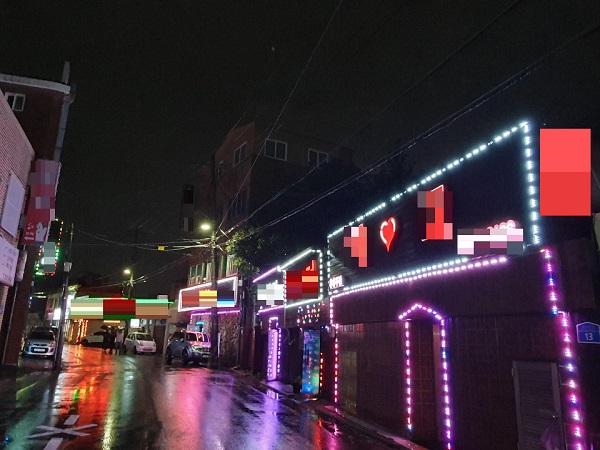Wine Tasting
페이지 정보

본문
Wine Tasting
What is the tasting process?
The tasting process in wine tasting involves several key steps that assist consider and respect the complexities of wine. Here’s a breakdown of each stage:
1. Observation
Begin by analyzing the wine’s look. This consists of:
- Color: Observe the hue, which may provide insight into the age and type of the wine.
- Clarity: Look for any cloudiness or sediment.
- Viscosity: Swirl the wine and observe the legs that type on the glass; thicker legs might point out greater alcohol content or sweetness.
2. Swirling
Gently swirl the wine in the glass to aerate it, which boosts its aromas. This motion encourages volatile compounds to escape, enriching your sniffing experience.
3. Smelling
Bring the glass to your nose and take a deep breath. Identify different aromas, which may vary from fruity, 대전유흥 floral, spicy, to earthy. Think about:
- Intensity: How strong are the aromas?
- Complexity: Are there multiple layers of scents?
4. Tasting
Take a small sip of the wine and let it coat your palate. Focus on:

- Flavor: What flavors do you detect? Are they similar to the aromas?
- Body: Is the wine light, medium, or full-bodied?
- Balance: Consider the relationship between acidity, sweetness, tannins (in reds), and alcohol.
- Finish: Pay consideration to the aftertaste; does it linger? What flavors remain?
5. Reflecting
Take a second to appreciate the overall expertise. Consider how the wine makes you are feeling and whether or not you want to get pleasure from it again. Document your impressions if you’re tasting multiple wines!
Following these steps can improve your wine-tasting experience, allowing you to understand the intricacies of various varieties and kinds.
What is wine tasting session?
A wine tasting session is an organized event the place people can sample and evaluate varied wines. It is an opportunity to explore totally different wine varieties, understand their distinct flavors, and learn in regards to the wine-making course of.
Key Components of a Wine Tasting Session
- Selection of Wines: A variety of wines are chosen for the tasting, typically specializing in a specific area, grape variety, or style.
- Tasting Techniques: Participants are guided on tips on how to properly style wine, which incorporates trying, smelling, and sipping to investigate the wine’s traits.
- Food Pairings: Some sessions may include food pairings, enhancing the tasting expertise by demonstrating how sure foods complement particular wines.
- Expert Guidance: Typically, a sommelier or wine skilled leads the session, providing insights and answering questions on each wine.
Common Objectives of Wine Tasting
- To develop an appreciation for various wine types and flavors.
- To educate members about wine areas, grape varieties, and manufacturing strategies.
- To determine private preferences for wines.
- To foster social interaction amongst individuals through a shared experience.
Overall, a wine tasting session is both an educational and pleasant event, perfect for wine fanatics and novices alike.
Is wine tasting formal?
Wine tasting can range in formality depending on the setting and occasion. In some instances, it may be fairly formal, going down in upscale environments where specific protocols are adopted. This could embrace guided tastings led by sommeliers, with a concentrate on the wine's traits and pairing ideas.
On the other hand, wine tasting can be an informal experience, such as at festivals, casual gatherings, or residence tastings with pals. In these situations, the emphasis is usually more on enjoyment and exploration rather than strict rules.

Formal Wine Tasting
In a formal wine tasting, individuals may dress up, adhere to a schedule, and take part in structured evaluations of different wines. The use of specific terminology and the presence of a facilitator is common. Tasting notes may be taken, and food pairings are often included to enhance the experience.
Casual Wine Tasting
Conversely, informal wine tasting permits for extra flexibility. Participants may merely pour and sip with none predefined construction or pointers. Discussions could additionally be informal, focusing on private preferences and experiences somewhat than technical particulars.
Ultimately, whether a wine tasting is formal or informal can depend upon the context and the preferences of those involved.
- 이전글10 Websites To Help You To Become An Expert In Locksmiths Near Me For Car 24.12.29
- 다음글Skin Health Essentials Vitamins and Supplements 101 24.12.29
댓글목록
등록된 댓글이 없습니다.






